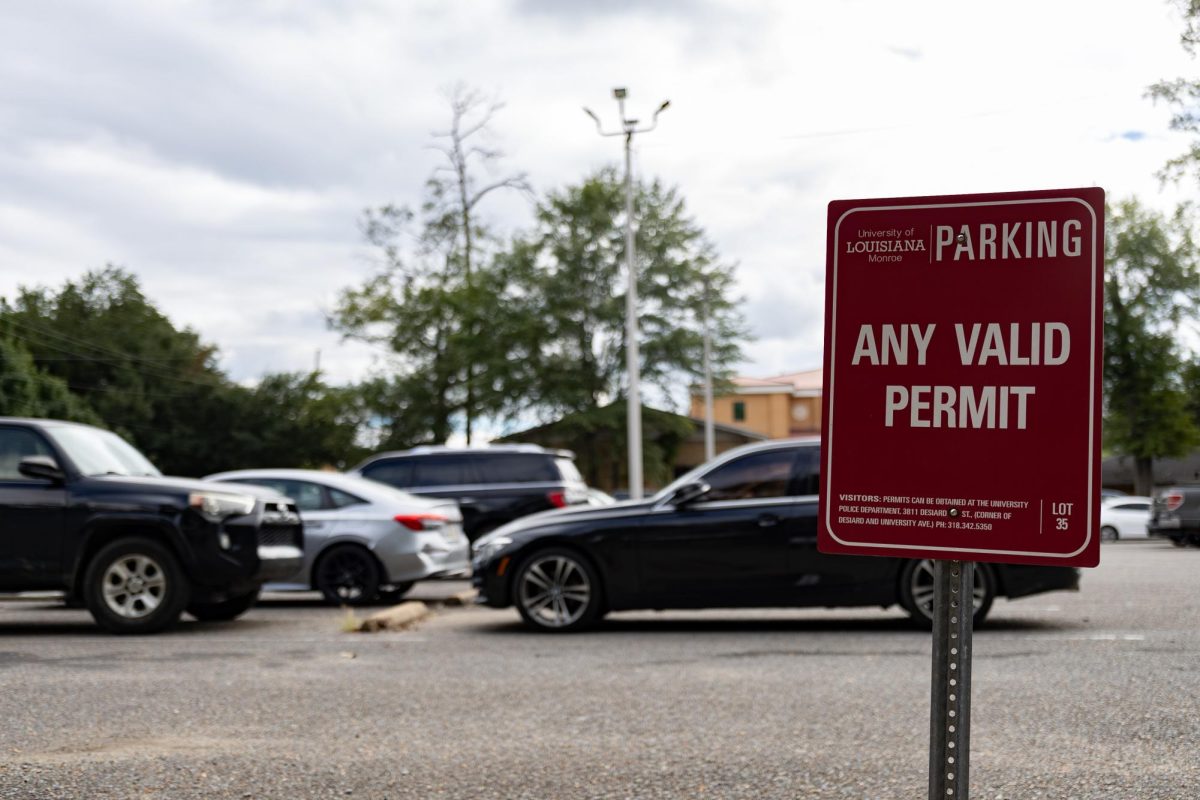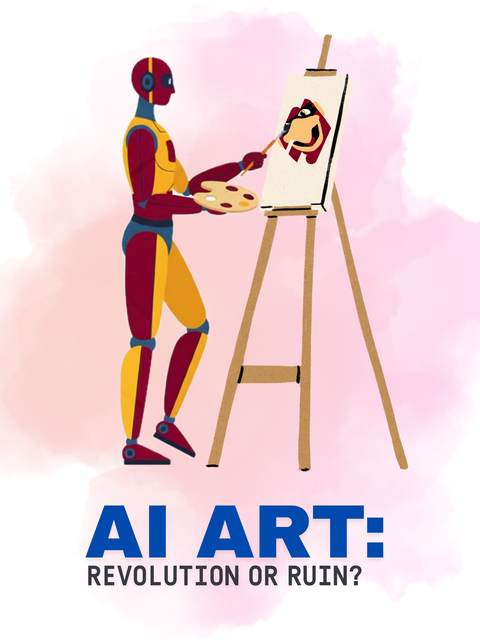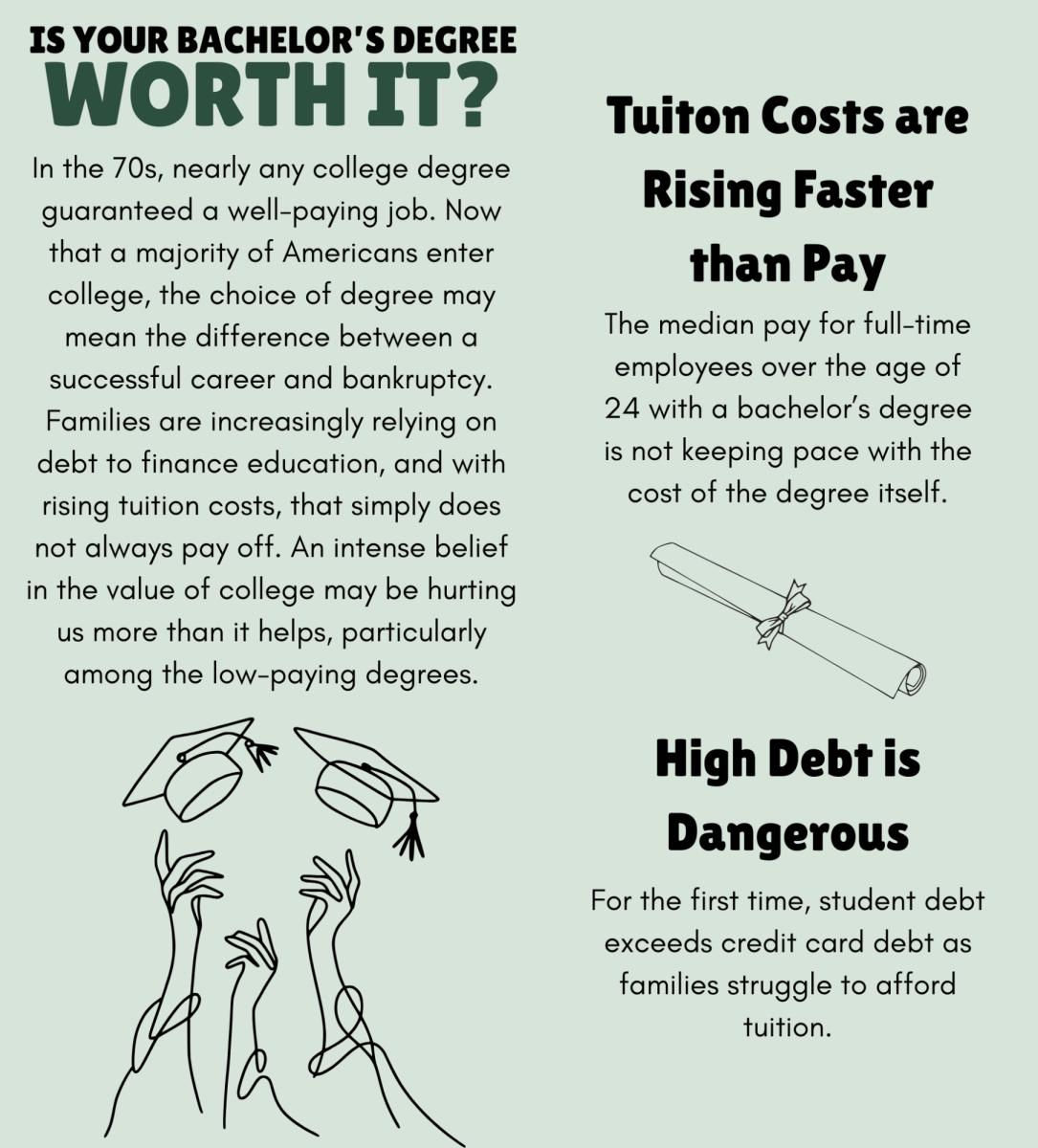The life of a college student is one of conserving as much money as possible. Even with the help of scholarships, college is expensive for most students.
Textbooks are one of the most expensive items that a student is expected to buy every semester, but can almost always be found at a reasonable price somewhere, whether at used bookstores or online.
But, the costs begin to mount as more and more textbooks are piled on.
Some classes require up to five or six different books, all expensive. And then, other classes require special software for quizzing, homework and testing.
Access codes can drive the price of an already expensive book into the upper hundreds of dollars. And, despite the pricy tag, these codes are a one time use product.
If you purchase a code for one class, it can have a lifetime of six months to a year; much longer than the class will last.
And if you happen to take another class that requires the same online software, you’re required to purchase another code.
The problem of rising costs for textbooks is one with a few simple options for solution.
Most textbooks can be bought for cheap when obtaining a used copy, or even going the e-book route.
But access codes cannot be bought used. They cannot be shared, or sold after you finish the class. Students spend hundreds of dollars on codes and are then stuck with them when the course requiring them ends.
There is no easy solution to this problem, which in itself is a problem.
In the age of the internet and technology, professors cannot just simply ignore the perks of using online systems that are convenient and available for access practically anywhere.
The solution to the problem is selling access codes for a much lower price, separate from the textbooks, and lowering the price to reflect that separation.
There isn’t an easy solution to this problem, and it’s just a small issue in the middle of a much bigger one.
The rising cost of higher education is a serious problem that needs attention immediately. Going to college should guarantee an education, not massive debt.
But, hopefully, making textbooks less costly can be a starting point of making college affordable again.
Then, in the future, students won’t have to live off ramen noodles and Taco Bell’s value menu just so they can afford spending several hundred dollars on textbooks and any limited use access codes that accompany them.





